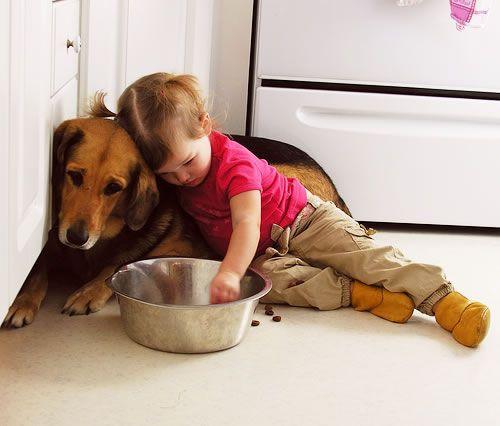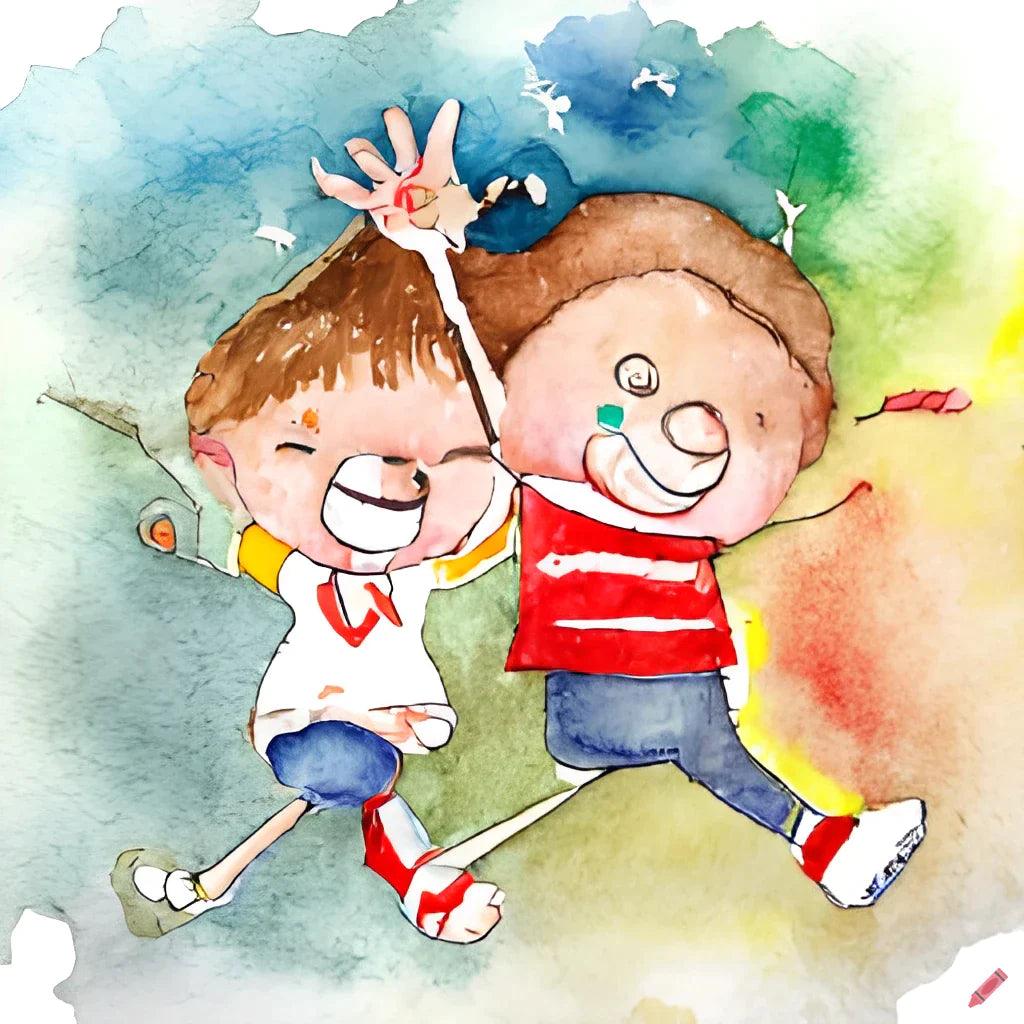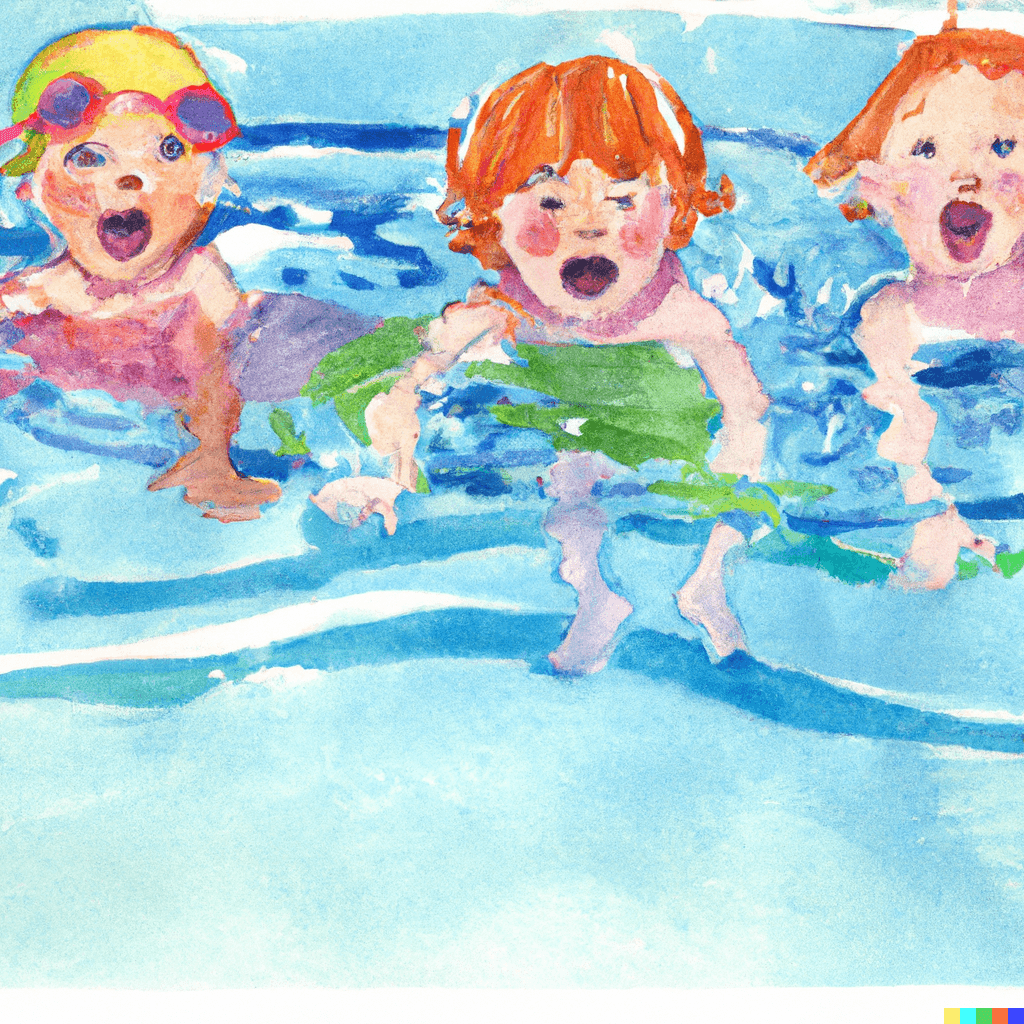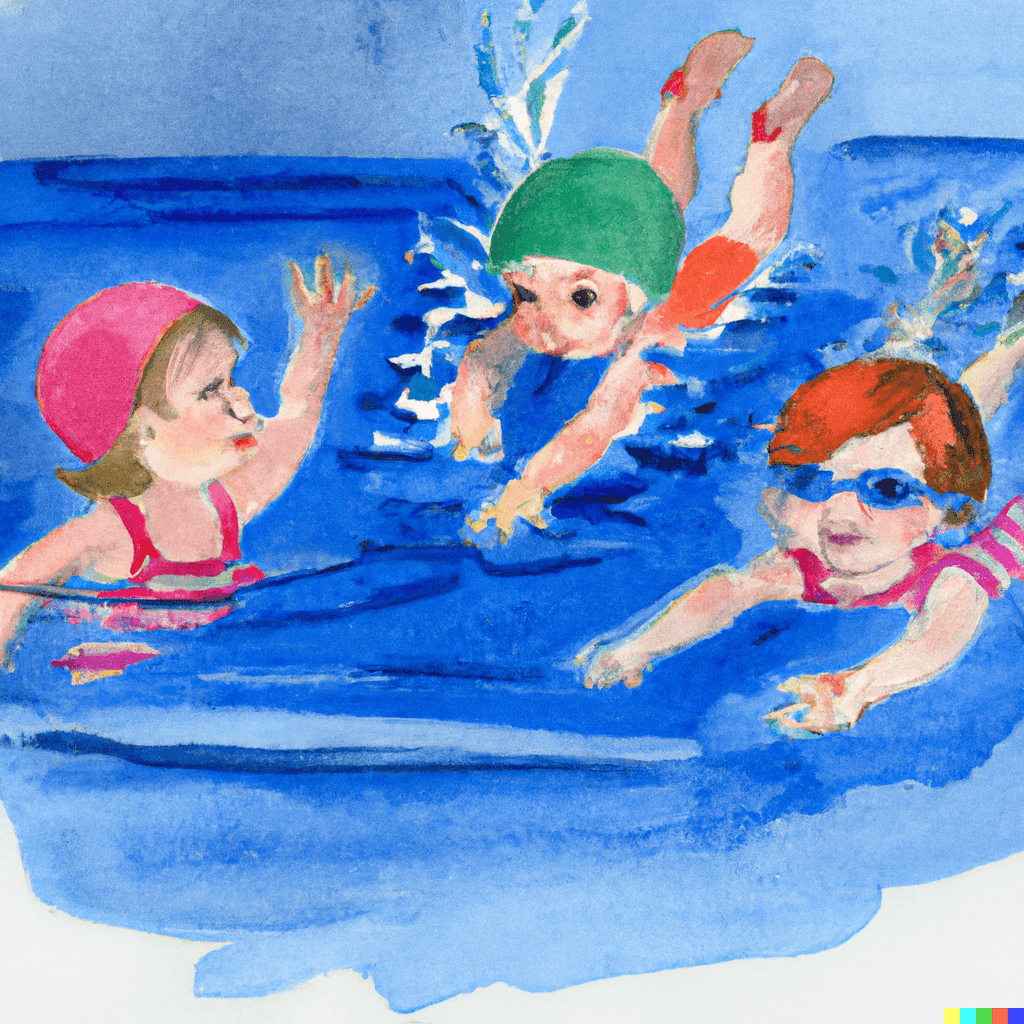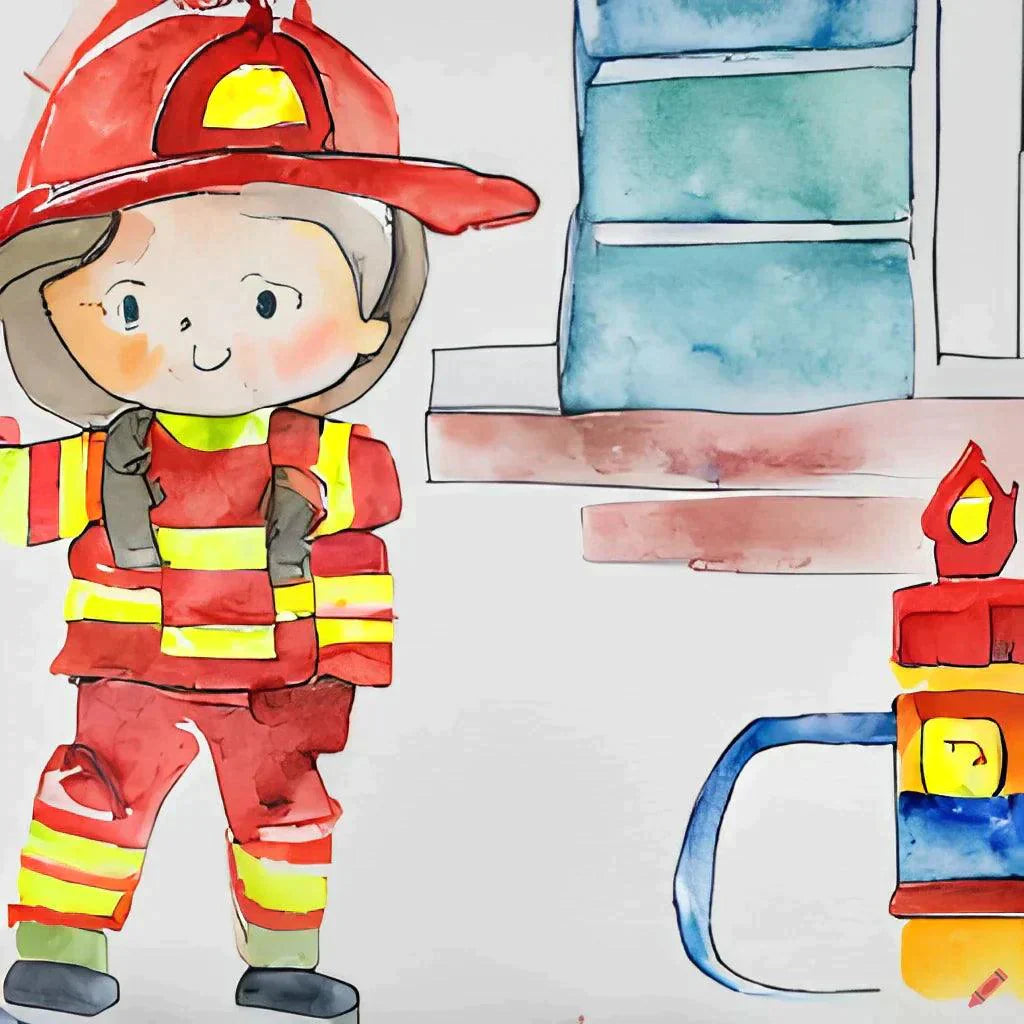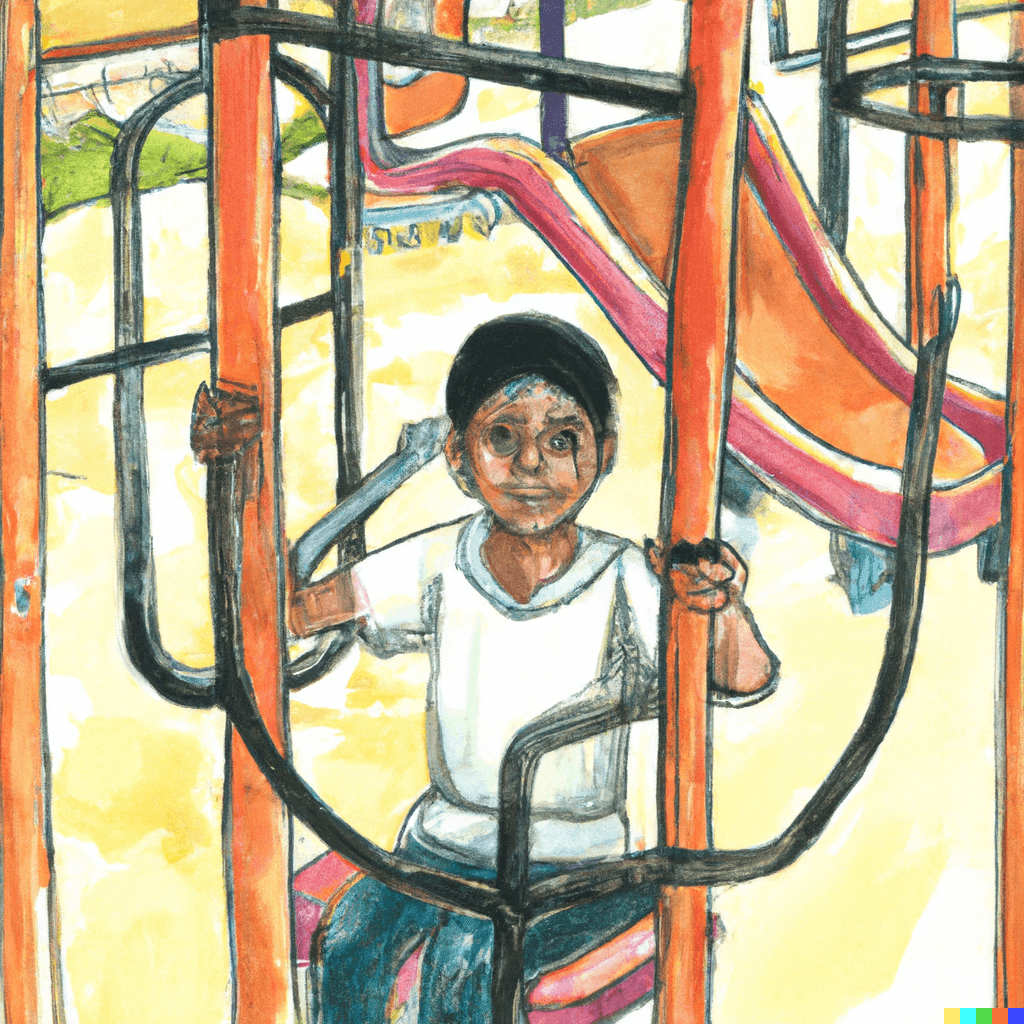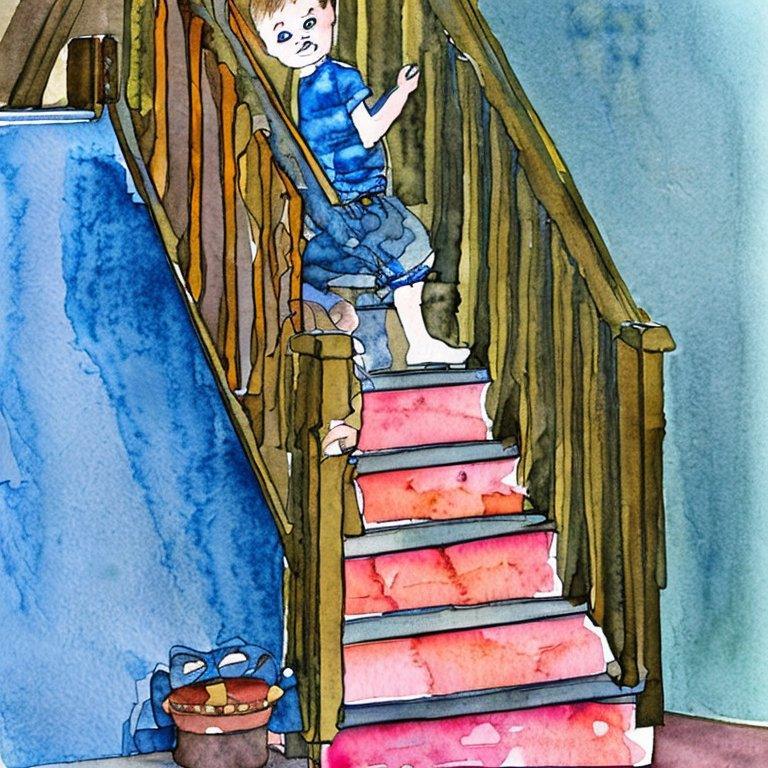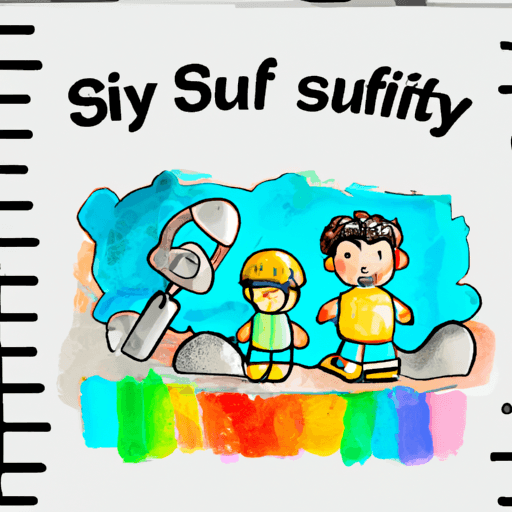It isn't unusual for toddlers to nibble pet food. This doesn't warrant an emergency room visit, and it doesn't mean anything is wrong with your toddler's eating habits. But it isn't exactly something you should encourage, either.
"It may smell good and sometimes even look good, so it's no surprise that many kids give dog food a try," says Atlanta pediatrician Jennifer Shu, author of Food Fights: Winning the Nutritional Challenges of Parenthood Armed With Insight, Humor, and a Bottle of Ketchup.
Pretty much every child in a household with a dog will touch the food, Shu figures, and a good number will pop it in their mouth because that's how young children test new things in their world.
Fortunately, dog food (and pet food in general) isn't bad for your toddler because the main ingredients are meat products, grains, and veggies. You also don't need to worry that your child's diet is lacking or that she's craving a certain unusual nutrient. She might get a tummy ache or vomit – which is unpleasant, for sure, but not dangerous.
Dry pet food, especially dog food, is a choking hazard for young children. Like coins, magnets, hard candy, and toys with small parts, dry pet food should be kept away from infants, toddlers, and younger preschool-age children. That means simply putting a bowl on the floor filled with pet food would not be a good idea since your child could easily get to it. Instead, feed your pet in a childproofed room of the house.
In addition to the choking hazard of dry pet food, there is a more hidden hazard that parents may not be aware of—any pet food recalls due to contamination with Salmonella or other bacteria. According to the Centers for Disease Control and Prevention, raw pet foods can make people sick due to Salmonella and Listeria contamination. The CDC recommends that children under the age of 5 should not touch or eat raw pet food and adults and older kids should wash their hands thoroughly after handling these products.
So what should you do if your infant or toddler eats dog food or cat food?
Since one of the biggest hazards is choking, you should first make sure that your child is breathing well without any difficulty. Seek immediate medical attention if you think he might be choking, which most likely includes calling 911.
Once you have reassured yourself that your child isn't choking, you have a few options. You could:
- Call Poison Control for extra advice
- Call your pediatrician
- Observe your child for symptoms and see your pediatrician if your child develops vomiting, diarrhea, or a stomachache, etc.
- Make sure the dog food wasn't involved in a recall
Many experts say that the easiest way to prevent your children from eating a pet’s food is to not allow them access to the pet’s food bowl. Feed your pet at a specific time during the day, and only put enough food in the bowl for one sitting. Use a baby gate to prevent your child from accessing the food, or feed your animal when your child is sleeping.

